Dr Thokozani Mhlambi talks about Indlela Ebheke e-Azania musical
Indlela Ebheke e-Azania is a progressive musical that is expected to captivate audiences through a retrospective journey into the prehistoric era of Africa's vibrant trading activities – where communities were highly cooperative and families distinguished.
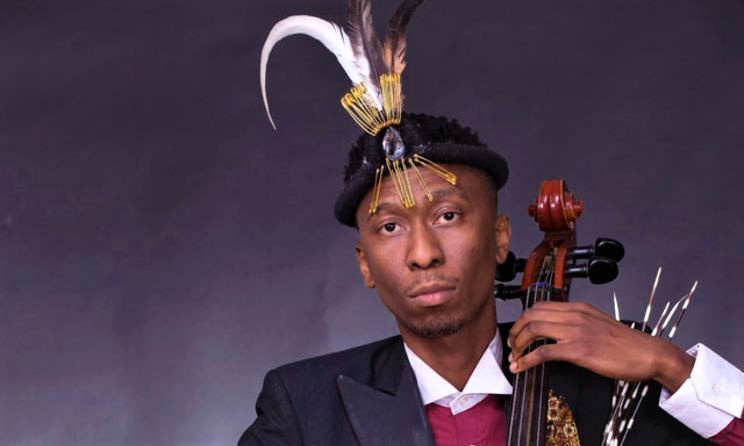 Indlela Ebheke e-Azani creator Dr Thokozani Mhlambi.
Indlela Ebheke e-Azani creator Dr Thokozani Mhlambi.
Indlela Ebheke e-Azania goes live via Goethe-Institut's Digital Kulturama platform from 23 to 26 July and will uncover the continent's rich heritage, educate audiences and share the momentous yet often forgotten legacy of its people. The show is courtesy of a partnership between Afropolitan Explosiv, the Baxter Theatre, Goethe-Institut and the Re-centring AfroAsia: Musical and Human Migrations in the Precolonial Period (700-1500AD) project at the University of Cape Town.
The musical was created by renowned South African cellist and researcher Dr Thokozani Mhlambi during his artist residency at Cite Internationale Des Arts in Paris, and was originally meant to be staged at the Baxter Theatre in Cape Town as part of Africa Month in May.
Audiences can expect something unconventional from the show, which boasts experienced local and international musicians.
"The sound includes percussion, a piano moment and acoustic vocals," Mhlambi says. "There are also field-recorded sounds, among other aspects.”
Mhlambi says an inspiration for creating the event is that "stories are never innocent", which was said by the Nigerian author of Things Fall Apart, Chinua Achebe.
“I think that from the middle of the 20th century there has been an attempt to rewrite the history of the continent and its people," Mhlambi said. "This started with Senegalese visionary scholar Cheikh Anta Diop, who suggested that the pyramids of Egypt were built by African people, and not by Euro-Asian invaders as had been previously thought."
Indlela Ebheke e-Azania draws from the story of Rhapta, the southernmost trading port and marketplace of Azania in the 1st century AD, which was home to agriculturalists and innovators, especially in the metalworking science. The historic port attracted people who came from many parts of the world, including Iran, Rome, India and Egypt. They travelled to Azania for its gold, ivory, palm oil, rhino horn, and iron bloom.
The musical will delve into the voyages of the 'abahwebi', the people who were responsible for the movement of goods from the area that is today KwaZulu-Natal in South Africa. The Abahwebi would be tasked with observing the protocols of royal families, while supplying the general population.
The show is divided into three parts and will comprise video elements accompanied by sound. The parts include Indlela, which covers the journey traversed by the abahwebi, Rhapta, which commemorates the city life of the trade port and the communities surrounding it, and Kuumbi, a cave that was employed as a 'hotel' where sojourners would stay while conducting their business.
Mhlambi says the play is a convergence of the best of African and European contributions to the history of mankind, which is not only important for African audiences but also those around the world who are looking for inspiration for their own creative efforts.
“The need for writing this history with new eyes is important. The black-is-beautiful movement of black consciousness in the 1960s and negritude movement in the French-speaking countries in Africa benefited from this, what was then, new historical information. Artists are the ones who were able to use this information the most in creating their works.”
Mhlambi also elaborates on how the confluence of historic events have given South Africans an opportunity to integrate their story into a greater global narrative.
“African stories will inspire confidence in the minds of its listening audience, resulting in innovations in technological and political life. It has been said that we do not know enough about our own past before the arrival of the Europeans. The kind of research and creative practice coming out of this show demonstrates the opposite: that there are important stories out there that are worth telling, hearing and experiencing.”
Mhlambi, who grew up in the small township of Madadeni in northern KwaZulu-Natal, says he is painfully aware that his home is not seen as an important place where performances can be staged. Due to the township's perceived insignificance, its residents seldom have access to the arts. “With the sudden change towards digital concerts, my hope is that no little girl or boy in KwaZulu-Natal or Northern Cape should ever feel that they cannot access live art, because they were supposedly born in the wrong part of the world.”
Mhlambi brings a wealth of experience to the production. He has contributed to a number of local platforms, including the National Arts Festival, the Baxter Theatre, the Soweto Theatre and recently the State Theatre in Pretoria. Internationally, he has worked in the US, Canada and at the Dutch Art Institute. In 2019, he collaborated with revered Chinese contemporary artist Dachan on a live performance and installation at the Zeitz Museum of Contemporary Art Africa in Cape Town.
Indlela Ebheke e-Azania will be livestreamed from 8pm daily here.



















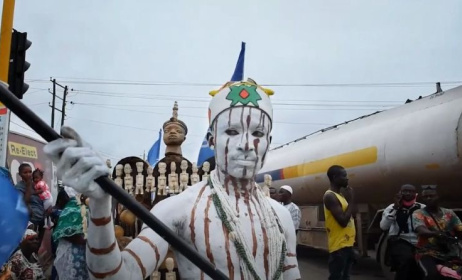

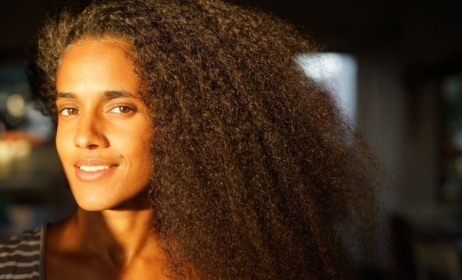

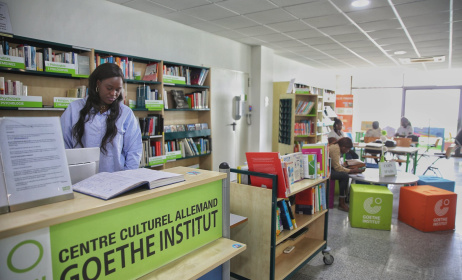

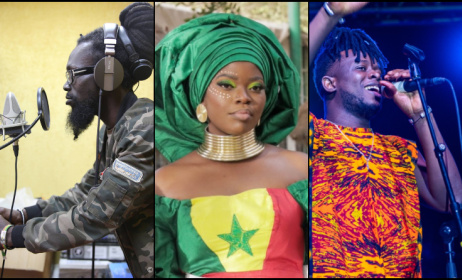

Commentaires
s'identifier or register to post comments